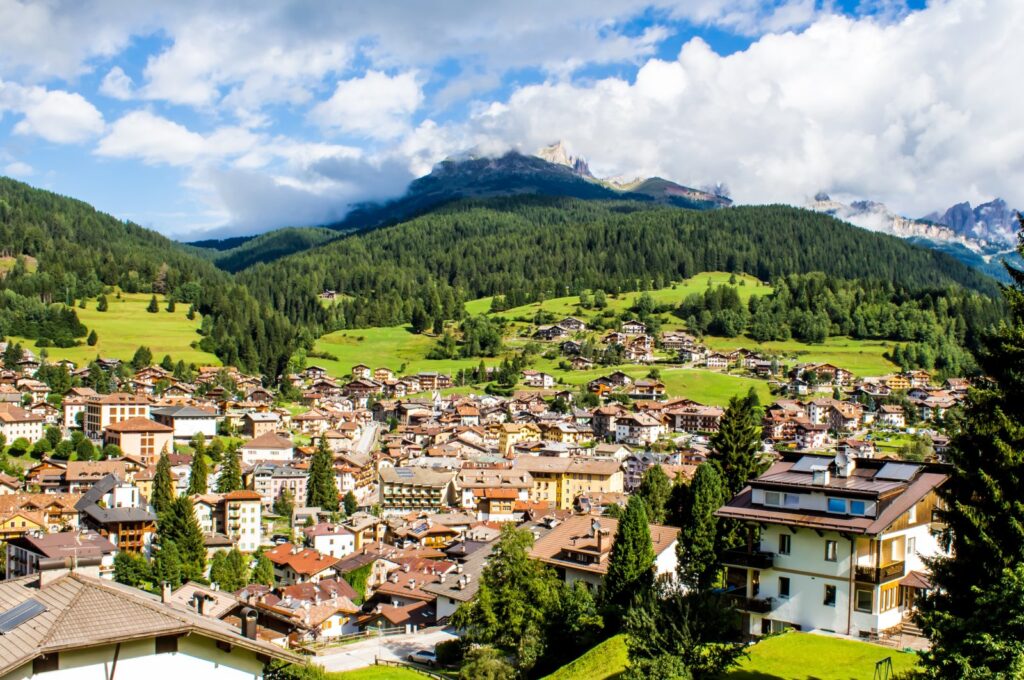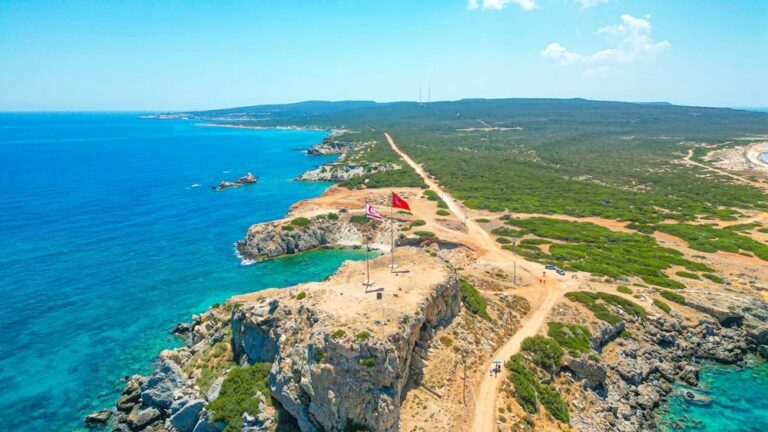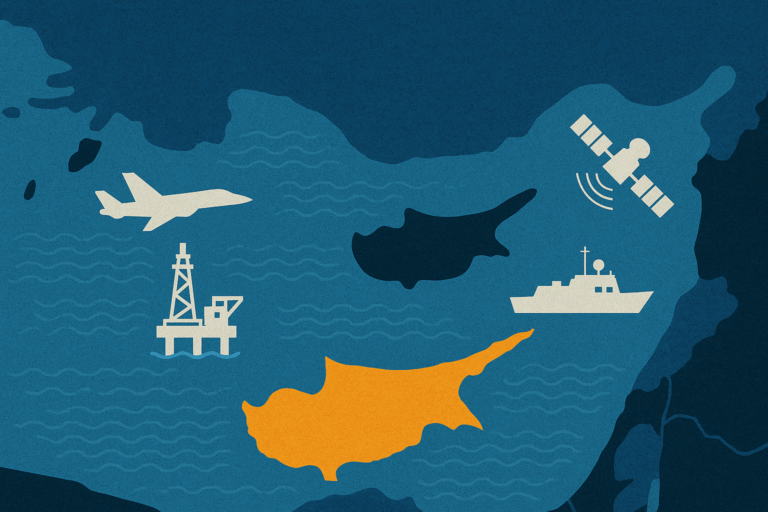Italy and Türkiye have much in common. While Italy considers itself the successor of the Western Roman Empire, Türkiye identifies itself as the successor of the Ottoman Empire, which in turn replaced the Eastern Roman Empire and became its successor.
At the time of the Ottoman Empire, there were countless links between today’s Italy and Türkiye: Trade, Italian (civil and military) servants, painters as well as humanists at the Sultan’s court, Turkish fashion, which is still reflected in the well-known coffee consumption of Italians, or Leonardo da Vinci’s bridge project for Bayezid II; not to mention the attempts of the Ottomans to conquer important cities on the Italian Adriatic, which have left traces until today, including the saying “Mamma li Turchi” (“Oh mom, the Turks”), that since the siege of Otranto in 1480, is said to indicate imminent great dangers in the Italian language.
Apart from the numerous places and buildings that bear the word Turchi in their name, some historical links between the two countries are still alive in Italy today, such as the street festival in Moena in South Tyrol, which commemorates the virtuous Ottoman Janissary Hasan, alias il Turco, who fled to Moena and settled there after his quarrel with the Agha of the Janissaries during the siege of Vienna in 1683.
Even today, il Turco is celebrated by the residents of the village for his virtuous efforts against the unjustly high taxation of the Duchy of Augsburg, as he had mobilized the villagers against the German suppression and succeeded in doing so. To commemorate il Turco’s virtues, every August the villagers, who confess to being Turks, dress up as Ottoman janissaries, harem ladies and the sultan. A small bust in the village square is a further reminder of his legacy.
Moena has become a popular destination for Turkish people in recent years, after news of this street festival, or rather the community, came to their attention through the press. A similar street festival, but one that has not yet been discovered by the (Turkish) press and tourists, is held annually in August in the municipality of Tollo, on the Adriatic coast in Abruzzo. Also at this festival, Italians dress up as Ottomans, raise their flags all over the village and commemorate in a historical reenactment the attempted conquest of the village by Admiral Piali Pasha in 1566, almost 100 years after the conquest of Otranto.
The main goal of the Ottomans in that year was to capture the neighboring city of Pescara. But when Piali Pasha was working out a plan for the conquest, he discovered Tollo, situated on a strategically important hill, whose watchtower would give him a favorable view of Pescara. Due to the great importance of this tower he first tried to conquer this village. However, he failed in the first two attempts as the neighboring villagers also came to the aid of the inhabitants of Tollo.
According to a legend, when the Ottomans started the third attempt and almost took the tower under their control, the Holy Mary suddenly appeared above it and called both sides to reconciliation, whereupon the Ottomans and villagers ended the fighting and knelt down in front of her. Since that day, the residents of Tollo commemorate this event every year. However, the carnival procession and reenactment have been organized only since 2004, when some villagers founded an association for this purpose.
The recent discovery of the street festival of Tollo has been made by Ahmet Ebcim, a native of Istanbul who lives in Rome since 2019 and runs the blog “Roma Bileti” (Turkish for ticket to Rome). He discovered the street festival by coincidence, probably as the first Turk with his wife, when they rented a vacation home near Tollo and witnessed the street festival, which he immediately shared on his Instagram account.
The 43-year-old is a photographer and advertising film producer by profession. For two years, he has also been studying art history at the University La Sapienza in Rome, which also could be easily seen from all his notes on his desk during our Zoom call. The fact that he is enthusiastic about his studies and art is not only evident from his desk, but also from the brief exchange with him because his excitement literally flows over to his counterpart. The Istanbulite is so taken with Italy that he has made it his goal to bring Türkiye and Italy closer and to build a bridge between the two nations. In this way, he regularly breaks down prejudices against Turks in Italy, he explains to us. In return, he brings Turks closer to the culture and life in Italy via his social media channels. In his posts, his followers learn a lot about the country and its Ottoman heritage, but also about all the cultural similarities and differences in daily life.
During the interview, he proudly explains that he also shares many things in his blogs that cannot be found on the internet or sometimes even in books. This involves interesting facts, insider tips and places which tourists won’t find in any travel guide, as he likes to combine the knowledge from his studies and books with all the new places he explores on his own, discovering treasures of knowledge (by luck) that have so far been unknown to the general public.
Moreover, he has meanwhile gathered a large circle of friends who regularly take him into new worlds. This includes influential figures in Rome and even a friend of the late Luciano Pavarotti, who not only show him a very different Italy but also hidden commonalities between the two nations. Based on all his explorations, he enthusiastically shared with us more than once during the call that he is convinced that there are still many corners in Italy that preserve the Ottoman heritage and are just waiting to be discovered.
If that’s the case, we’ll probably be reporting on the Turchi in Italia more frequently in the upcoming years.




